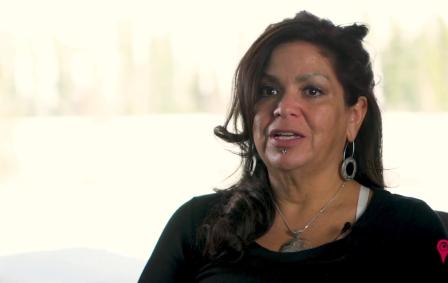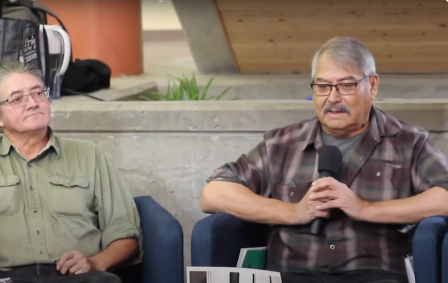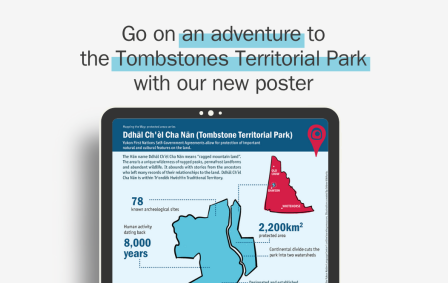Before Land Claims and Self-Government
The Children of Tomorrow is a series of 10 videos featuring prominent Yukoners who were children when Together Today for Our Children Tomorrow was being created. They share their thoughts on the past, present and future of the Yukon Agreements.
Back to the Children of Tomorrow series
Transcription
Before Land Claims and Self-Government
With more people and activity in the territory, Yukon First Nations realized that something had to be done to protect their land and way of life, and to make Yukon a better place to live.
Steve Smith, Chief, Champagne and Aishihik First Nations: All around the Yukon, there was increased activity, there was increased, alienation of the lands that our people had traditionally used for many millennia.
Daryn Leas, Tr’ondëk Hwëch’in citizen: Roads were being built, mines were being constructed, there was a lot of prosperity here, a lot of optimism. Except for Aboriginal people who were pushed to the side, felt left out of a lot of those opportunities.
Steve Smith, Chief, Champagne and Aishihik First Nations: And what happened was, they, you know, a few of them had also gone off to fight in the second world war, they were treated as equals. You come back into the Yukon, and you’re second class citizens, you’re not even a citizen let’s say, and so then you have people coming back and realizing that the situation in the Yukon is not as great as it once was, so to speak, and that people were seeing their situations through a new light.
Marilyn Jensen, M.A., Yukon College Indigenous Governance Instructor, & Founder of the Dakhká Khwáan Dancers: You know back in the 60s and 70s, our leaders and elders of the time absolutely recognized, we need to do something. We need to do something here otherwise there will be nothing for our descendants
Math’ieya Alatini, former Chief of Kluane First Nation: The feeling in the air was, we have a right to say what our future’s going to hold. We have a right to educate our children. We have a right to be successful and have economic development and not go to a Minister of Indian Affairs in Ottawa for approval. And I think there was a real sense of pride in who we were as people, or who we are as people, and that, really standing up for where we’re going to be in our lives.


